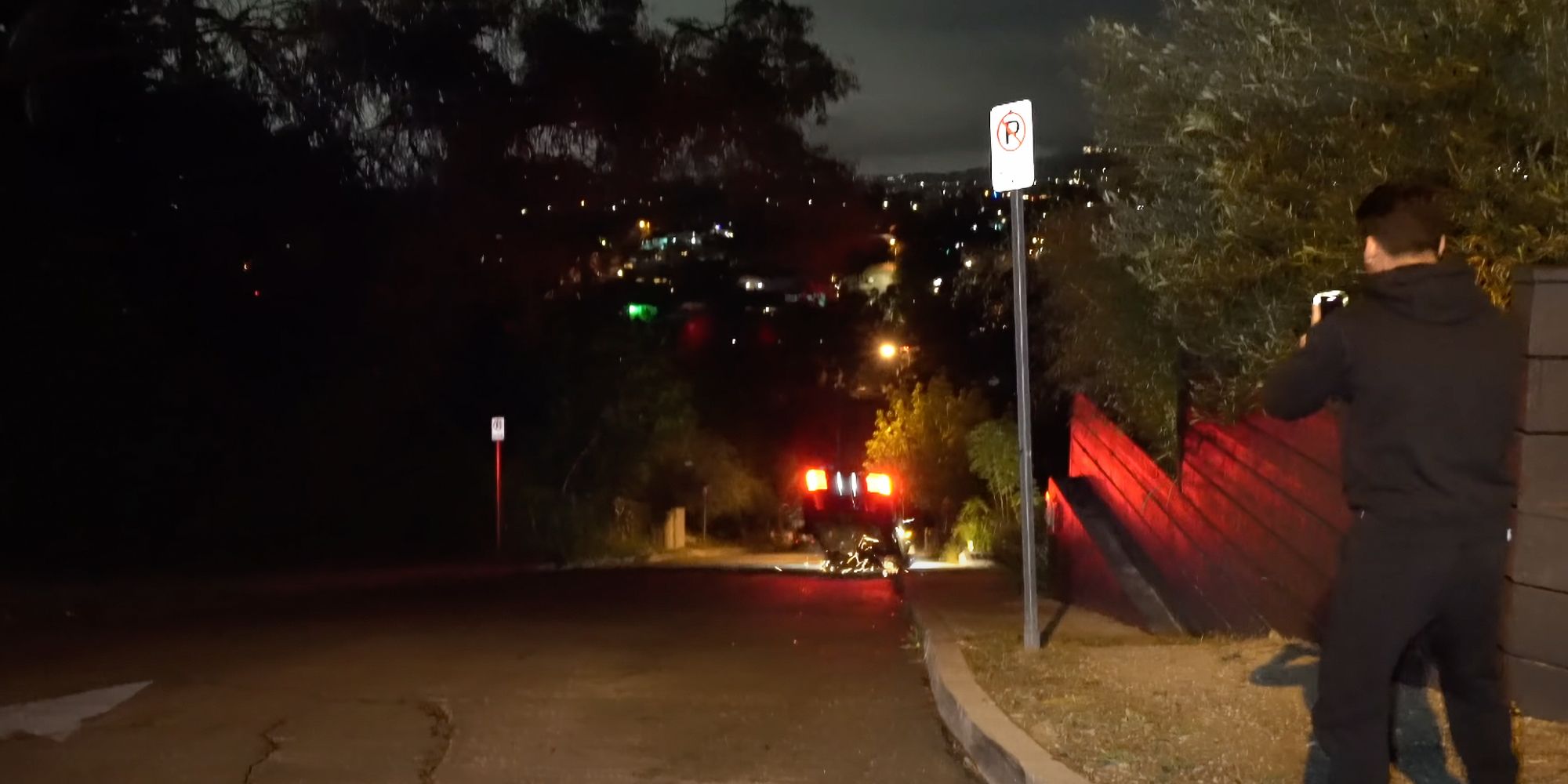A Tesla driver using the Autopilot system crashed into a motorcyclist and killed him, triggering a National Highway Traffic Safety Administration (NHTSA) investigation. Tesla sells a lot of EVs and all of them come equipped with the Autopilot system as a standard. The autonomous driving system is capable of a number of functions like changing lanes, blind-spot monitoring, lane-keep assist, and adaptive cruise control. With the help of these features, a Tesla EV can stay in its lane and avoid collisions by adapting its speed to the vehicle in front.
In addition to basic Autopilot, Tesla cars can also be equipped with a paid Full-Self Driving (FSD) system. It is a more advanced autonomous driving technology that includes all the features included in Autopilot and more. Tesla EVs outfitted with FSD can auto-steer on city roads and identify traffic lights and respond to them accordingly. However, the main issue with the FSD tech is that it's in the beta phase, meaning all of its features are still being tested and require improvements before they can be rolled out to the general public.
The reliability of these autonomous driving systems including Autopilot is put on trial whenever a fatal crash occurs. A Tesla EV crashed into a motorcyclist while driving on Southbound Interstate 15 in Utah around 1 a.m. on July 24 (via The Verge). The 34-year-old Harley Davidson rider died instantly after falling to the ground, as noted by the State's Department of Public Safety. The Tesla driver remained at the crime scene and called the authorities following the crash. Tesla Autopilot was engaged when the crash occurred, but the driver didn't see the motorcycle rider, as per the authorities.
Tesla Autopilot Comes Under Scrutiny Again
NHTSA has added the latest Autopilot-related accident to its list of Special Crash Investigations (SCI) which looks deeper into the matters involving autonomous driving systems. As of July 26, 2022, the list included a total of 48 crashes, and 39 of them involved Tesla EVs that resulted in the death of 19 people. Additionally, NHTSA is also investigating 16 crashes in which a Tesla EV with Autopilot crashed into a standing emergency vehicle. An update to this investigation also suggests that Federal authorities are reportedly in the final phase of issuing a recall of Tesla vehicles.
Companies like Nvidia are reportedly working on a solution for this specific problem related to autonomous vehicles. Furthermore, road accidents, in general, saw a 10 percent increase in 2021 according to NHTSA. As per the data, 42,915 people lost their lives in 2021 compared to 38,824 fatalities in 2020.
Although the Tesla Autopilot system has improved over the years and the company's FSD beta can be considered Level 4 or 5 driving tech, the track record makes them a bit unreliable. Tesla CEO Elon Musk says that the Autopilot system makes the overall driving experience safer, but the resulting deaths seem to suggest that the reality is a bit more complex. Whatever might be the case, self-driving features from Tesla and other automakers will need to go through a stringent regulatory or testing process to better suit the demanding needs of real-world driving.
Source: The Verge


